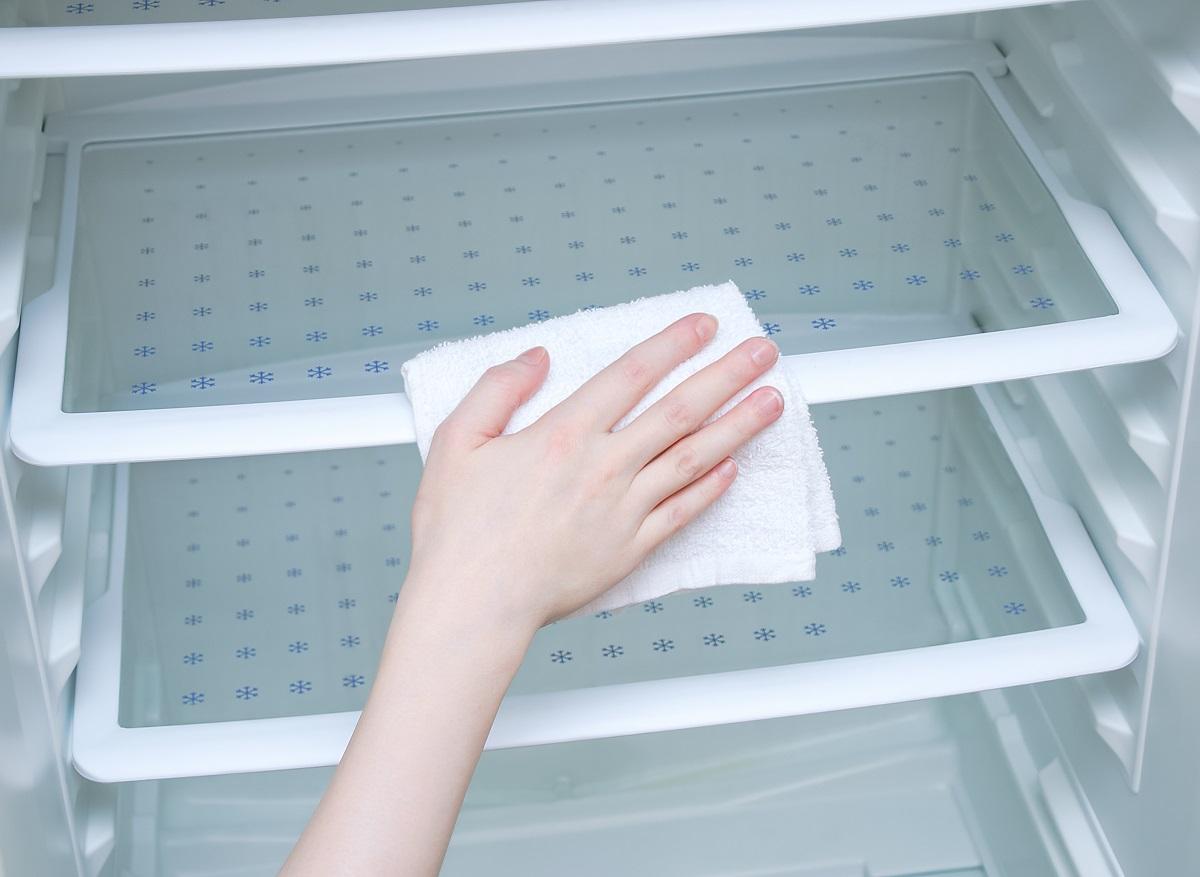“Ecological labels do not guarantee the absence of impact, neither on health nor on the environment”, points out Philippe Perrin. But this impact is less. “This is why they are interesting, on condition that they are well chosen and used correctly, in particular in terms of dilution, because to minimize transport costs, products greens are often much more concentrated. “
Which green label can you trust?
Just because a product has green packaging is not enough to make it green. In this area, two labels are guarantees of quality.
The European Ecolabel guarantees efficiency identical to that of conventional products. It is also the assurance of a reduced environmental impact, a maximum water content of 90% (to limit transport costs), the absence of EDTA, polycyclic musks (endocrine disruptors), quaternary ammonium (irritant) and various CMR compounds (carcinogens, mutagens, reprotoxic). The use of substances classified R42, R43 (sensitizing by inhalation and by contact with the skin) is also limited.
The Ecocert label (available in organic stores and increasingly in mobile phones) is more demanding. Where the European Ecolabel cannot guarantee the disinfecting or descaling action of a product, Ecocert does so. It certifies that the detergents are based on natural substances and free from petrochemicals and compounds resulting from the chemistry of silicones and / or halogens. For cleaning products, there are two classes: Ecocert Ecodétergent and Ecocert Ecodétergent based on organic ingredients. The latter guarantees a minimum of 95% of ingredients of natural origin. Limitation of this label: it does not guarantee efficacy identical to that of conventional products.

















